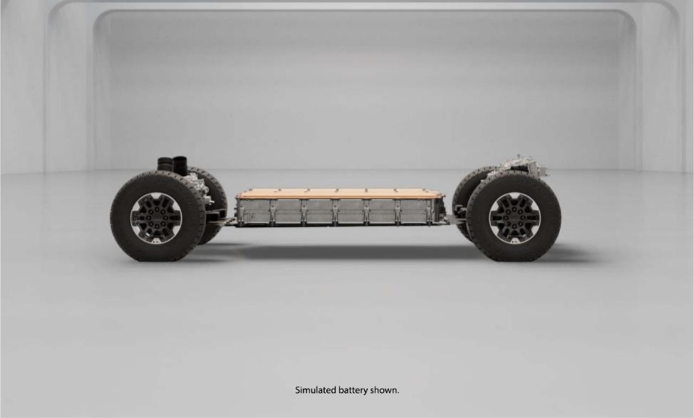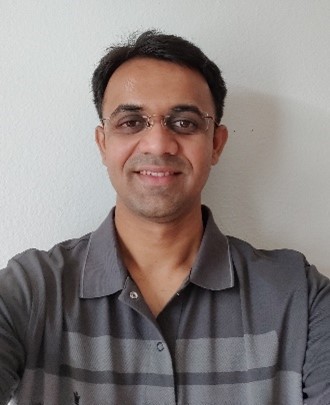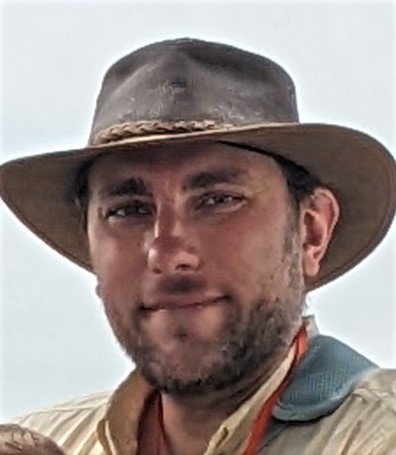Abstract:
General Motors’ (GM) Ultium electric vehicle battery platform is built with the ultimate range, power and flexibility, and is helping put everyone in an EV –moving us closer to a world with zero tailpipe emissions. The Ultium platform (see image below) is a flexible battery chass is that consists of a flat underbody structure that supports the battery technology. This flat structure is not tied to many of the constraints of current vehicle underbodies such as accommodation for gas tanks, etc. This provides an opportunity to optimize the geometry for aerodynamics in a previously unexplored way. Students on the GM team will design and evaluate features to be included in the underbody to reduce vehicle drag.

Impact:
As GM works towards a goal of 1 million EVs on the road by 2025, and eventually putting every customer in an EV, ensuring that the vehicles continue to perform at the high standards GM has set out in its 113-year history will be critical. Optimizing EV vehicle dynamics will improve vehicle and battery performance, and will be an important factor in the success of their electrification project.
Mechanical Design and Modelling (2-3 Students)
Specific Skills: Model development and simulation, Strong design skills, Experimental Testing and Evaluation, Experience in Siemens NX is a plus
Likely Majors: ME, ROB, SPACE, ISD-AUTO, ISD-GAME, Any
Advanced Computational Fluid Dynamics Modeling(2-3 Students)
Specific Skills:Computational Fluid Dynamics, 3D Dynamic Model Construction, This project will utilizeSTAR-CCM+or OpenFOAMCFD Package, Knowledge of these is a plus
Likely Majors: AERO, ME, MICDE, Physics, Engineering Physics
Basic Fluids Modeling +Engineering Wind Tunnel Testing (2-3 Students)
Specific Skills: Basic fluids simulation and modeling, Fluid dynamics/Aerodynamics
Design of Experimentsand/or wind tunnel testing is a big plus
Likely Majors: AERO, ChE, ME
Sponsor Mentors
 Dr. Vishal Raul
Dr. Vishal Raul
Dr. Vishal Raul is currently a Researcher at Propulsion Systems Research Lab, General Motors Global R&D. His research focus is on aerodynamics, optimization, surrogate modeling, and machine learning. Currently he is exploring multiple technologies to meet aerodynamics challenges for current and future EV vehicles. Vishal Received his Ph.D. in Aerospace Engineering at Iowa state University and Master’s in Aerospace Engineering at Wichita State University.
 Dr. Peter Andruskiewiczis
Dr. Peter Andruskiewiczis
Dr. Peter Andruskiewiczis a senior researcher in GM global R&D’s Propulsion Systems Research Lab. His current focus is on thermal systems and thermodynamics as applied to future electric vehicles, with a history in internal combustion engine thermodynamics, heat transfer, and mechanics from an experimental and 1D modeling background. Peter received his Ph.D in Propulsion & Transportation Systems from Universitat Politechnica de Valencia, and his Masters in Automotive Engineering from the University of Michigan, and is currently elbow-deep in rebuilding a rotary engine.
Faculty Mentor
 Aaron Towne
Aaron Towne
Aaron Towne is an Assistant Professor in the Department of Mechanical Engineering at the University of Michigan. His research develops simple, low-cost models that can be used to understand, predict, and control turbulent flows, using both physics-based and data-driven methods. Applications include aeroacoustics, aerodynamics, and wall-bounded flows, among others. Before joining the faculty at Michigan, he was a Postdoctoral Fellow in the Center for Turbulence Research at Stanford University. He received his PhD and MS degrees from the California Institute of Technology and his BS from the University of Wisconsin-Madison. He is a recipient of the 2020 Young Investigator Program Award (YIP) from the Air Force Office of Scientific Research (AFOSR) and best paper awards from the American Institute of Aeronautics and Astronautics (AIAA) and the American Society of Mechanical Engineers (ASME).
Course Substitutions: CE MDE, ChE Elective, EE MDE, CoE Honors, ISD AUTO 503, ISD GAME 503, ISD MFG 503, MECHENG 490, MECHENG 590, SI Grad Cognate
Citizenship Requirements:
- This project is open to all students
- International students on an F-1 visa will be required to declare part-time CPT during Winter 2023 and Fall 2023 terms. To learn more about this including eligibility, see our information page.
IP/NDA: Students will sign standard University of Michigan IP/NDA documents.
Summer Project Activities: No summer activity will take place on the project.
